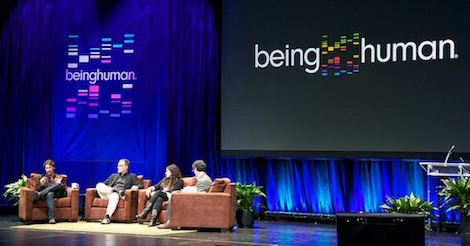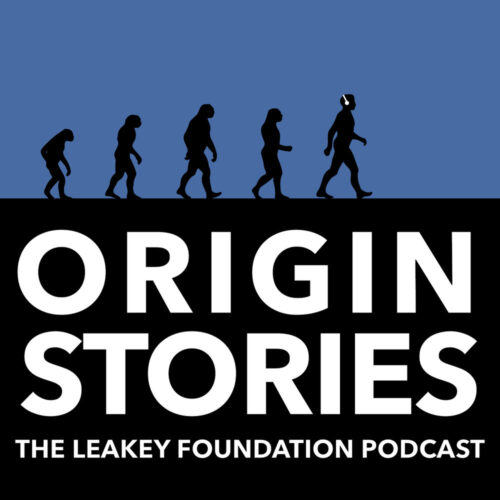Baldwin Fellows | Grants | The Leakey Foundation
Franklin Mosher Baldwin Memorial Fellowships are awarded to graduate students who are from countries where there are limited resources for academic development and would like to pursue training and/or education abroad. In providing this opportunity, The Leakey Foundation hopes to equip these scholars with the knowledge and experience necessary to assume leadership positions in their home countries where there often exist extraordinary resources in the field of prehistory.
The Baldwin Fellowship was established in 1978, and its track record speaks for itself. Baldwin Fellows such as Zeresenay Alemseged, Berhane Asfew, Mzalendo Kibunjia, Jackson Njau, Agazi Negash, Emma Mbua and Fredrick Manthi (to name only a few) have gone on to productive and influential careers in the fields of paleoanthropology and primatology.
Here are the four returning Baldwin Fellows for our spring 2018 cycle:
Tengenu Gossa Aredo (Ethiopia)
Mr. Aredo has a Master’s degree in archaeology from Addis Ababa University. He is currently enrolled in a PhD program at the Hebrew University of Jerusalem under the supervision of Erella Hovers. He has been working at the early Acheulian site of Melka Wakena in Ethiopia in an attempt to understand the behavioral patterns of the toolmakers there. After completion of his studies, he plans to return to Ethiopia to either teach in a university or work with the Ethiopian Authority for Research and Conservation of the Cultural Heritage to promote and conserve Ethiopia’s archaeological heritage.
Alexander Titan Kabelindde (Tanzania)
Mr. Kabelindde has been accepted in the PhD program in archaeology at University College of London. He has been working at Olduvai Gorge under the supervision of his advisors, Ignacio de la Torre and Jackson Njau. At Olduvai, he hopes to shed light on the technological behavior of Homo erectus not only by participating in new fieldwork but also by analyzing the lithic assemblages from Beds III/IV. Currently, Mr. Kabelindde is receiving training in lithic analysis and is preparing for a formal examination in May at the Institute of Archaeology. Upon completion of his degree, he plans to continue research in Tanzania.
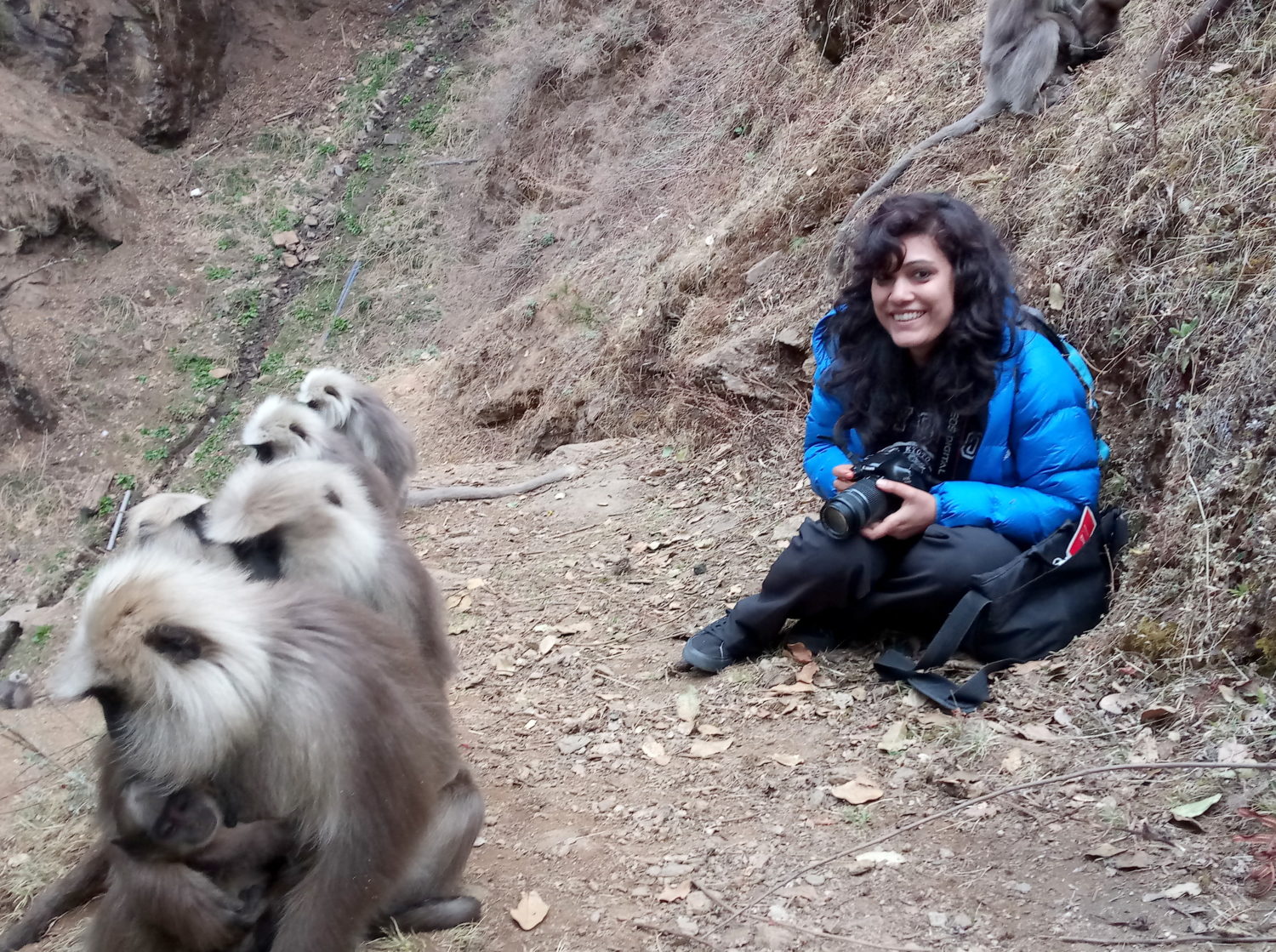
Himani Nautiyal (India)
Ms. Nautiyal is enrolled in a PhD program at Kyoto University’s Primate Research Institute under the supervision of Michael Huffman. Her fieldwork is with a little-studied species of Central Himalayan langurs living in a remote, high altitude Himalayan valley in northern India. Her focus is on male reproductive strategies and on the importance of female mate choice in influencing male reproductive success. Her fieldwork this past year was highly successful due to her work in habituating the study troop. She has gained experience in running the field site and coordinating research and observations by the local field assistants and international volunteers. She was awarded a National Geographic Young Explorer Grant in 2016. She is funded again this year by the James and Gloria Stewart Foundation.
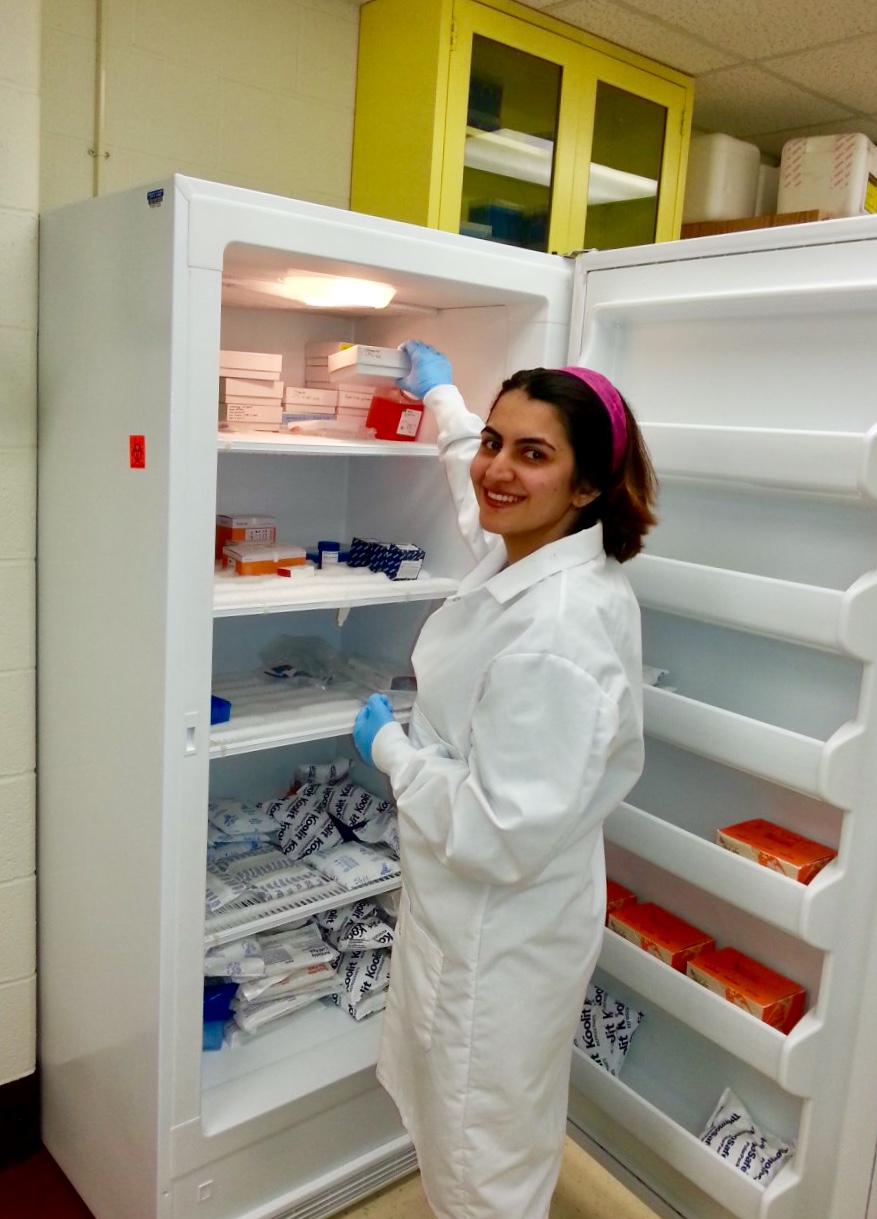
Negin Valizadegan (Iran)
Ms. Valizadegan is a third-year doctoral student in biological anthropology at the University of Illinois at Urbana-Champaign. Her advisor is Jessica Brinkworth. The focus of Ms. Valizadegan’s research is the evolution of immune systems and microbe-host interactions in primates. She is interested in the interactions between beneficial microbes and their hosts to see how these interactions have led to adaptations between primates and their microbiota. Her goal is to become a university professor in Iran. She is also being funded again by the James and Gloria Stewart Foundation.
New Baldwin Fellowships for 2018
We had a record number of new applicants this year. We were able to fund seven thanks to the generosity of the James and Gloria Stewart Foundation, which is supporting two Baldwin Fellows, as well as Kelly Stewart and Sandy Harcourt, who funded one new Fellow.
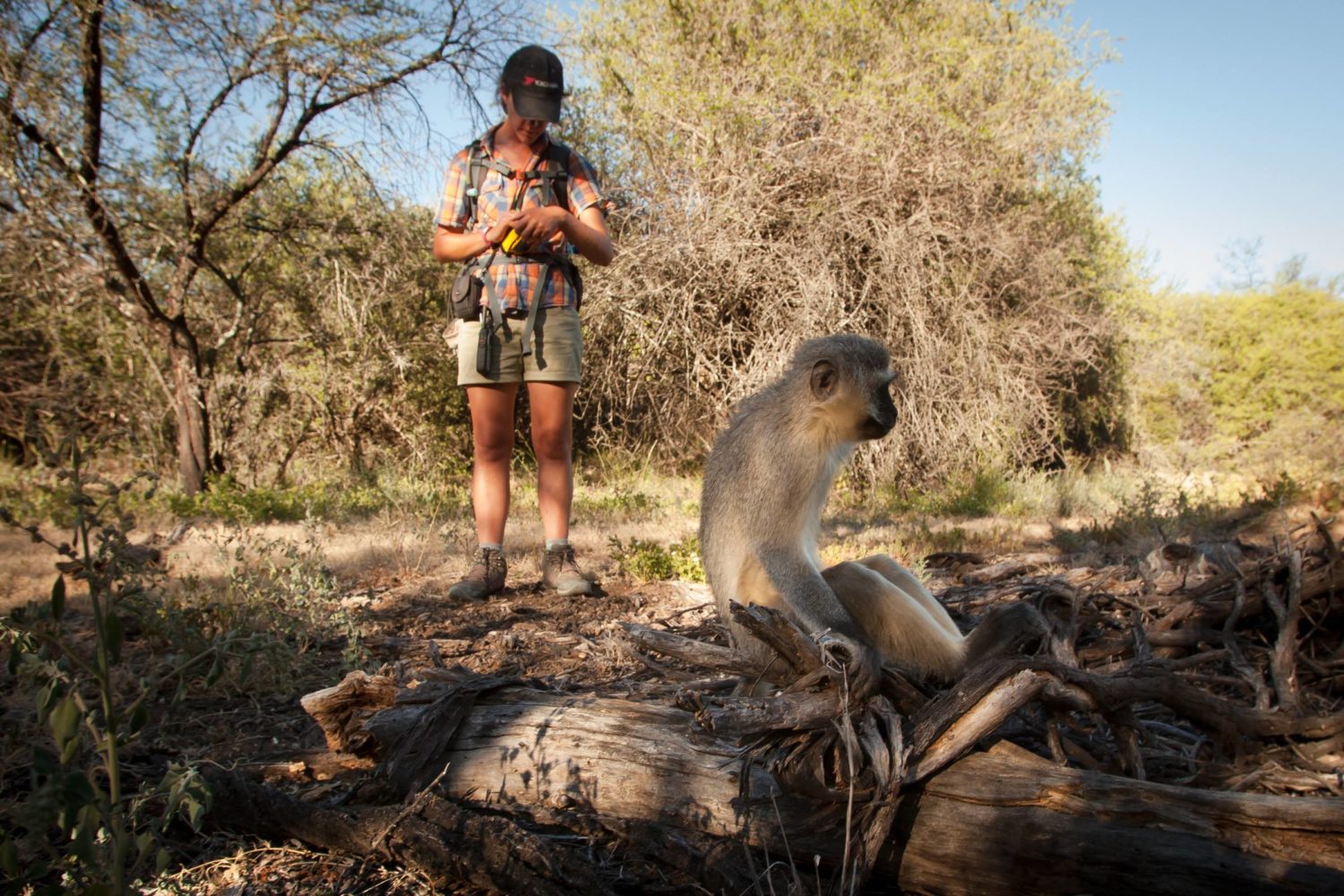
Rosemary Anne Blersch (South Africa)
Ms. Blersch is a first year PhD student from University of South Africa. She is studying animal behavior and evolution at Lethbridge University, Canada. She is looking at the relationship between primate health and sociality in vervet monkeys in the context of severe environmental stressors. With a large multidisciplinary research group, the Louise Barrett/Peter Henzi lab at Lethbridge is an ideal environment for investigating infectious disease/parasite transmission in wild vervet populations. She has completed a pilot study in South Africa in which she was able to identify vervet monkey’s primary gastrointestinal parasites. As there is not an evolutionary anthropology curriculum in South Africa, she plans to return to her home country to establish biological anthropology as an academic discipline to provide opportunities for South African students to work in this field. She is a recipient of funding from the James and Gloria Stewart Foundation.
Fikremariam Sisay Kassa (Ethiopia)
Mr. Kassa is pursuing a master’s degree in paleoanthropology from Addis Ababa University. He is enrolled at University of Calgary under the supervision of Susanne Cote where he hopes to continue his studies in their PhD program. His research is focused on ecomorphological characterizations of Plio-Pleistocene cercopithecids in association with hominin paleoecology from East Africa. He has done fieldwork at Omo Kibish with both Frank Brown and John Fleagle. He was also awarded a PAST scholarship to attend the Koobi Fora Field School. Calgary will provide the multidisciplinary tools to measure craniodental morphology, dental microwear and analyze stable carbon isotopes. He wants to return to Ethiopia to establish his own paleoanthropological research projects. He hopes to teach and conduct research at Addis Ababa University as well.
Elihuruma Wilson Kimaro (Tanzania)
Mr. Kimaro is a first-year student in the PhD program at the University of Minnesota. His advisor is Michael Wilson. Mr. Kimarao is also an employee of the Tanzania National Park at Gombe. His commitment to conservation of the Gombe chimpanzees has led him to realize that he needed advanced training in research skills to address the problems he hopes to solve. Minnesota’s Ecology, Evolution and Behavior Program will provide these skills as well as a grounding in disease ecology, ecological phylogenetic modeling approaches, and database management of hormonal stress responses. After obtaining his doctoral degree, he intends to return to work as a conservationist with the Tanzania National Parks Authority.
Rosa Matsileng Moll (South Africa)
Ms. Moll is a PhD candidate at the University of the Witwatersrand Archaeology Department. She is studying Early Stone Age lithic technology under the supervision of Ignacio de la Torre at University College London (UCL). The focus of her research is the analysis of Sterkfontein early Acheulean assemblages using an in-depth technological reduction strategy method. UCL will also provide ESA materials from a number of eastern and southern Africa sites, which will give her an invaluable means to evaluate differences in technological strategies and behaviors across sites. She wants to return to South Africa to supervise and train students in archaeological research and to provide lectures to local communities to inform them about southern Africa’s rich archaeological heritage.
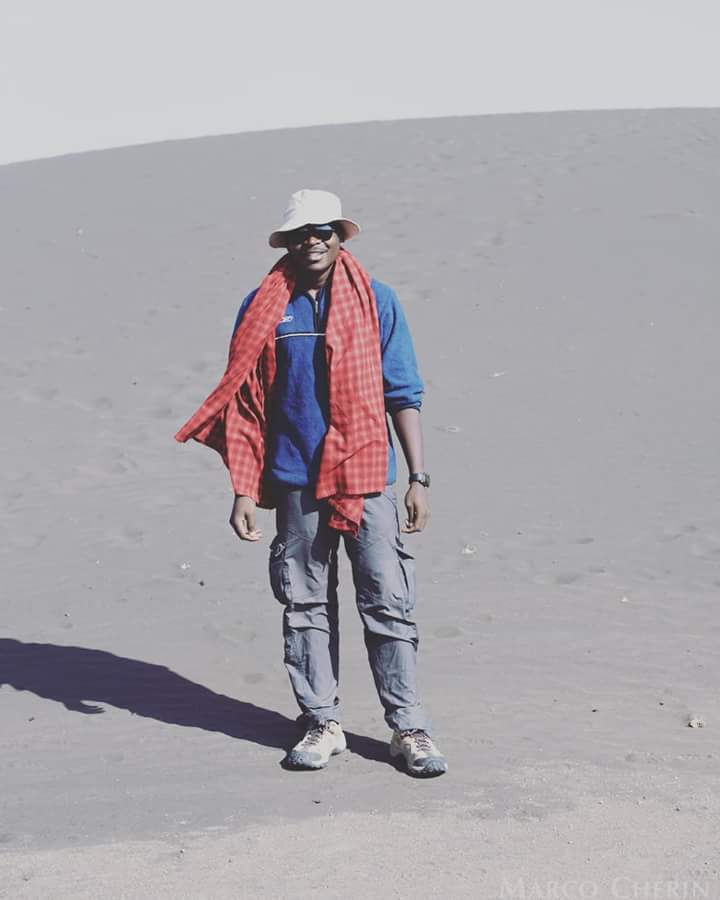
Ipyana Francis Mwakyoma (Tanzania)
Mr. Mwakyoma has a BA degree in archaeology from University of Dar es Salaam. He has been accepted into the Master’s Degree Program at Colorado State University, supervised by Michael Pante. He intends to study zooarchaeology with emphasis on understanding hominin feeding behavior and ecology. He will be collecting high resolution 3D scanning data from the Zinjanthropus fossil assemblage to assess possible tooth and cut marks on the fossil surfaces. He has extensive experience working as a member of Olduvai Geochronology and Archaeology Project. He plans to return to Tanzania to work at The Mirror International Research Institute as a paleoanthropology researcher and to teach paleo sciences at the University of Dar es Salaam.

Sharmi Sen (India)
Ms. Sen has a BS/MS degree in biological sciences from the Indian Institute of Science Education and is in the Pre-Doctoral Program in Anthropology at the University of Michigan. Her advisor is Jacinta Beehner. Her research focuses on intraspecific variation in reproductive tactics in male Geladas using long term data gathered over 12 years by Dr. Beehner. She will also conduct DNA for paternity analysis for all the individuals in her study and will also conduct targeted behavioral data sampling on male-female relationships. She intends to return to India to teach and to research Indian primates. Kelly Stewart and Sandy Harcourt funded this applicant.
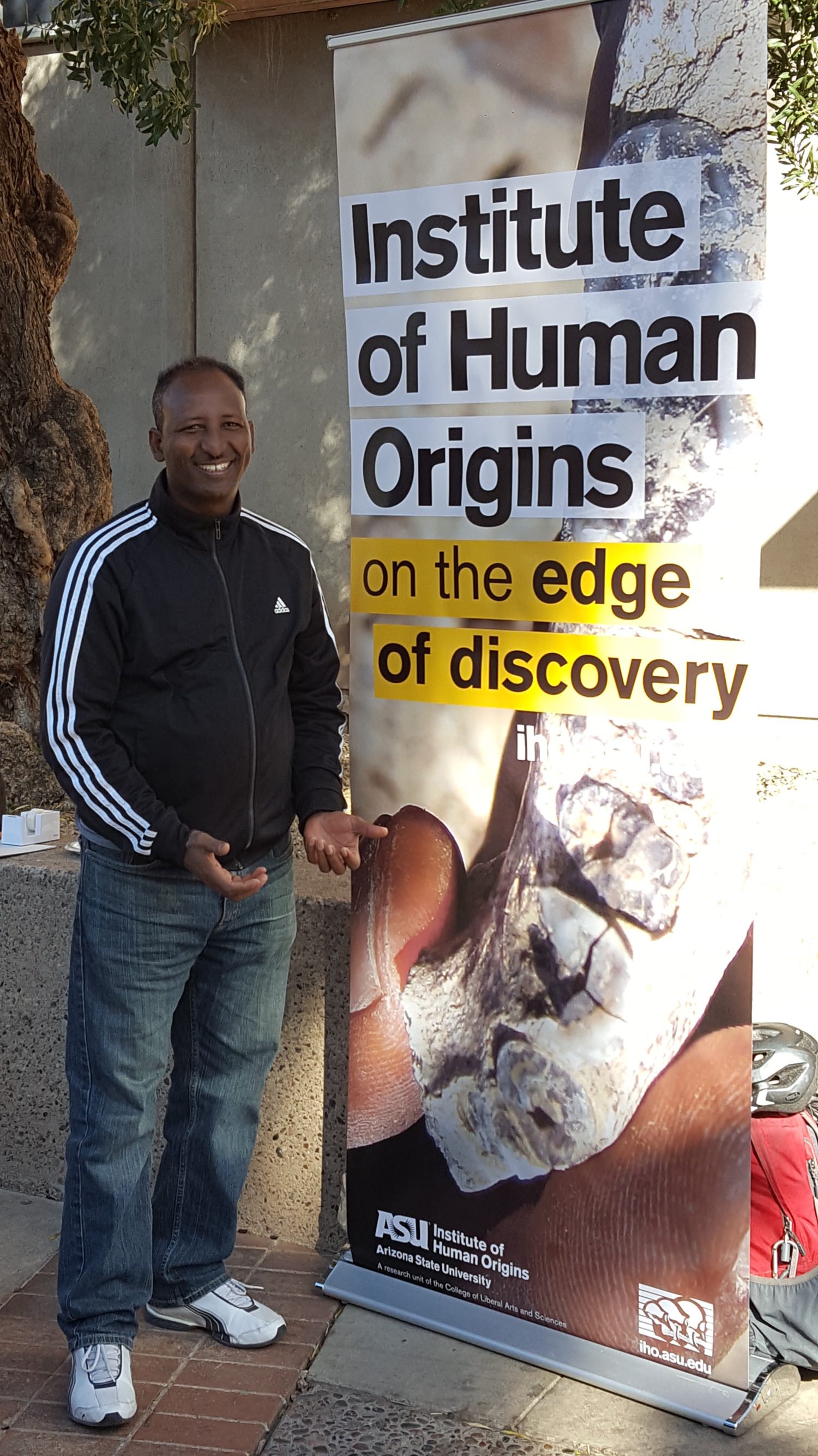
Chalachew Mesfin Seyoum (Ethiopia)Mr. Seyoum is a PhD candidate at the Institute of Human Origins at Arizona State University. His advisor is Kaye Reed. He has conducted multiple research projects in Ethiopia. His research focuses on the dietary niche expansion of early hominins and their paleoenvironment. Other research interests include the evolution of early Homo, isotope geochemistry, habitat differences in the Plio-Pleistocene hominins, primate evolution, and osteology. Currently, he is working with the Ledi Geraru Research Project in Ethiopia, where he discovered a partial lower jaw of the oldest Homo specimen, dated 2.8 Ma.

